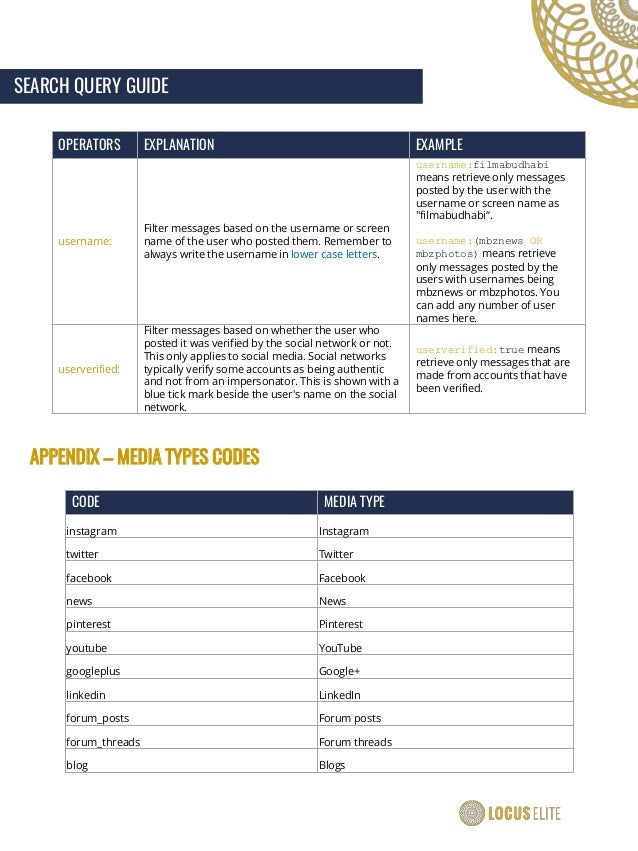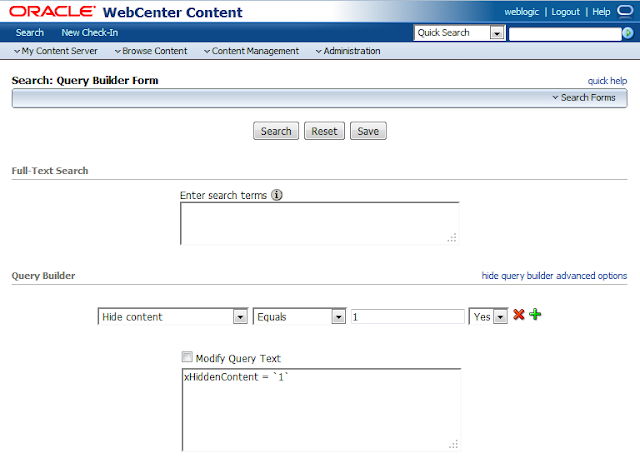
Every item about dengue would be returned, as would those that discuss both of the other two. Since dengue fever has been a concern for over 250 years, this search would yield different results. dengue OR ( malaria AND zika) = every article about dengue, or those that discuss both zika and malaria. Boolean Search uses a combination of keywords and the three main Boolean operators ( AND, OR, and NOT) to organize and sift through your searches. Maybe you only want to search for an exact phrase, or you want to convert one unit of measurement into another.As the zika virus has only recently been a serious issue, this would limit the number of results. Every item returned would mention zika, and either dengue or malaria. A Boolean query compounds query clauses so you can combine multiple search queries with Boolean. ( dengue OR malaria) AND zika = articles about dengue or malaria, that also discuss zika. You can perform a Boolean query with the bool query type.The boolean operators can be combined in a query string. For example:ĭengue OR malaria AND zika can be interpreted as You can specify multiple terms separated by Boolean operators such as AND, OR, and AND NOT when. To make sure you get the search you want, use parentheses - every database follows those rules. Different databases have different rules about combining searches. Think of your search in concepts, then put those concepts inside parentheses. Searching on "dengue fever" will return only items with that exact phrase. If you're searching for a phrase rather than just a single word, you can group the words together with quotation marks.


Note: sometimes AND NOT is used serves the same function as NOT. Searching on malaria NOT zika returns items that are about malaria, but will specifically NOT return items that contain the word zika. NOT eliminates items that contain the specified term.Searching on dengue OR malaria OR zika returns all items that contain any of the three search terms. OR searches find one term or the other.For example, searching on dengue AND malaria AND zika returns only results that contain all three search terms. There are three basic Boolean search commands: AND, OR and NOT.ĪND searches find all of the search terms. Using the correct Boolean operator can make all the difference in a successful search. Boolean Operators are simple words (AND, OR, NOT or AND NOT) used as conjunctions to combine or exclude keywords in a search, resulting in more focused and. Search for a specific word or phrase in the source.Boolean logic is a building block of many computer applications and is an important concept in database searching. Search for a specific word or phrase in the text. Search for a specific word or phrase in the title. (search for the word sleep within five words of the word anxiety)
#Boolean search query update
Search for specific words in a specific number of words in your phrase. Welcome to the May 2023 update We have lots of exciting new features for you this month. (Search for the phrase sleep deprivation.) So, When you hit a search query, it does something called a Boolean Retrieval Model as its first step before actually ranking it using other algorithms. (Search for the term academic and its synonyms.) (Limits results to results other than Wikipedia.) (Limits results to only those with bears and not the term Chicago.) (Search for content that contains scholarly OR academic.) (Search for content that contains both vegetarianism and obesity.)

Google also has a few additional operators that work to refine results.īelow are common boolean operators that work when searching within Google and Google Scholar, as well as an example of each. ), quotation marks, parentheses, and wildcards, help you refine eDiscovery search queries. Other techniques, such as using property operators (such as > or. With Boolean operators you can configure more specific queries, create. Boolean search operators, such as AND, OR, help you define more-precise mailbox searches by including or excluding specific words in the search query. Also, when you need to do something specific, for example, find all mentions of your brand that don’t contain links to it.

There are three Boolean Operators: AND: All keywords must appear in your results. Using a Boolean Operator will tell the database to connect the terms together in your search. For example, when your brand name is a common word. To search multiple keywords at once, you need to use connector terms, also called Boolean Operators. Using these operators, you are able to focus your search on the results that will be most helpful. Boolean search is used when you require stricter search criteria to eliminate unwanted results. Boolean operators are words or symbols used as conjunctions to combine or exclude keywords in a search.


 0 kommentar(er)
0 kommentar(er)
